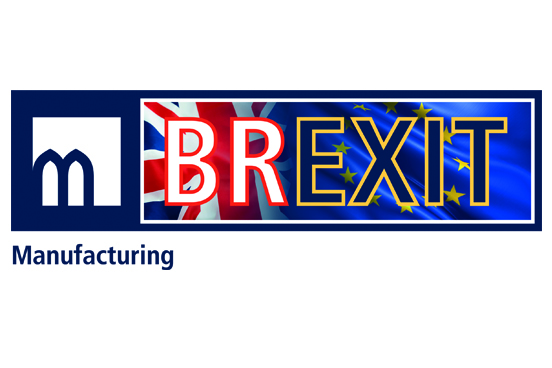Author
Last week, the Government’s Medicines and Healthcare Products Regulatory Agency (MHRA) published further guidance in respect of the regulation of medical devices in the UK market in the event of a no-deal Brexit.
Whilst the guidance provides greater clarity in respect of what will happen in the UK market for medical devices in a no-deal scenario, the position of UK manufacturers producing medical devices for sale in the EU after 29 March 2019 remains unclear, particularly in relation to post-market (or post-marketing) surveillance.
This article explores what little existing guidance there is relating to post market surveillance of those medical devices produced in the UK and sold in the EU market following a no-deal Brexit. This article also considers steps UK manufacturers can take in order to prepare for a no-deal Brexit, in particular the value of appointing an Authorised Representative in the EU in order to ensure access to post-market information.
MHRA’s Guidance
A common theme throughout all guidance published by the MHRA is that participation by any UK organisation or representative for the purposes of the EU regulatory system of medical devices will not be recognised after the 29 March 2019 following a no-deal Brexit.
The guidance published last week states:
“If there’s no deal, the UK’s current participation in the European regulatory network for medical devices would end, and the MHRA would take on the responsibilities for the UK market that are currently undertaken through the EU system…”
“If there’s no deal, UK-based Notified Bodies will no longer be recognised by the EU after 29 March 2019, meaning the devices they have certified will no longer be in conformity with the applicable EU Directive. As such these products will not be able to be placed on the EU market.”
“Currently, post-market safety data is shared across all members of the European regulatory network for devices (EU, EEA, Turkey and Switzerland), and any disagreement over the marketing of a device can be escalated through regulator forums such as the Medical Devices Coordination Group, and potentially through the European Commission and Court of Justice of the European Union (CJEU).
If there’s no deal, the MHRA would continue to perform market surveillance of medical devices on the UK market and be able to take a decision over the marketing of a device in the UK, regardless of the position of the European regulatory network, or any decision of the CJEU.”
Based on this information, we can be fairly certain that should we leave the EU with no deal on 29 March:
- the UK will have no place in the EU regulatory network for medical devices;
- post-market surveillance of medical devices sold in the EU will continue to be undertaken by the various members of the European regulatory network; and
- post-market safety data will not be shared with the UK.
What we cannot be sure of, however, is whether non-EU manufacturers can be involved with post-market issues which arise under the EU framework (notwithstanding the fact that post-market safety data will not be shared with the UK). It is assumed they will not be or that any involvement will not be recognised.
To sidestep this uncertainty, manufacturers can appoint an authorised representative in the EU, who EU notified bodies and competent authorities will liaise with and to whom post-market safety data will be available.
For the sake of minimising risk and disruption to business, it seems taking steps to appoint an authorised representative within the EU is advisable for any UK manufacturer seeking to continue to sell medical devices in the EU in a no-deal scenario.
If you would like more information on this topic, please contact Philippa Collison, Solicitor.

